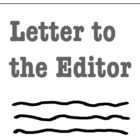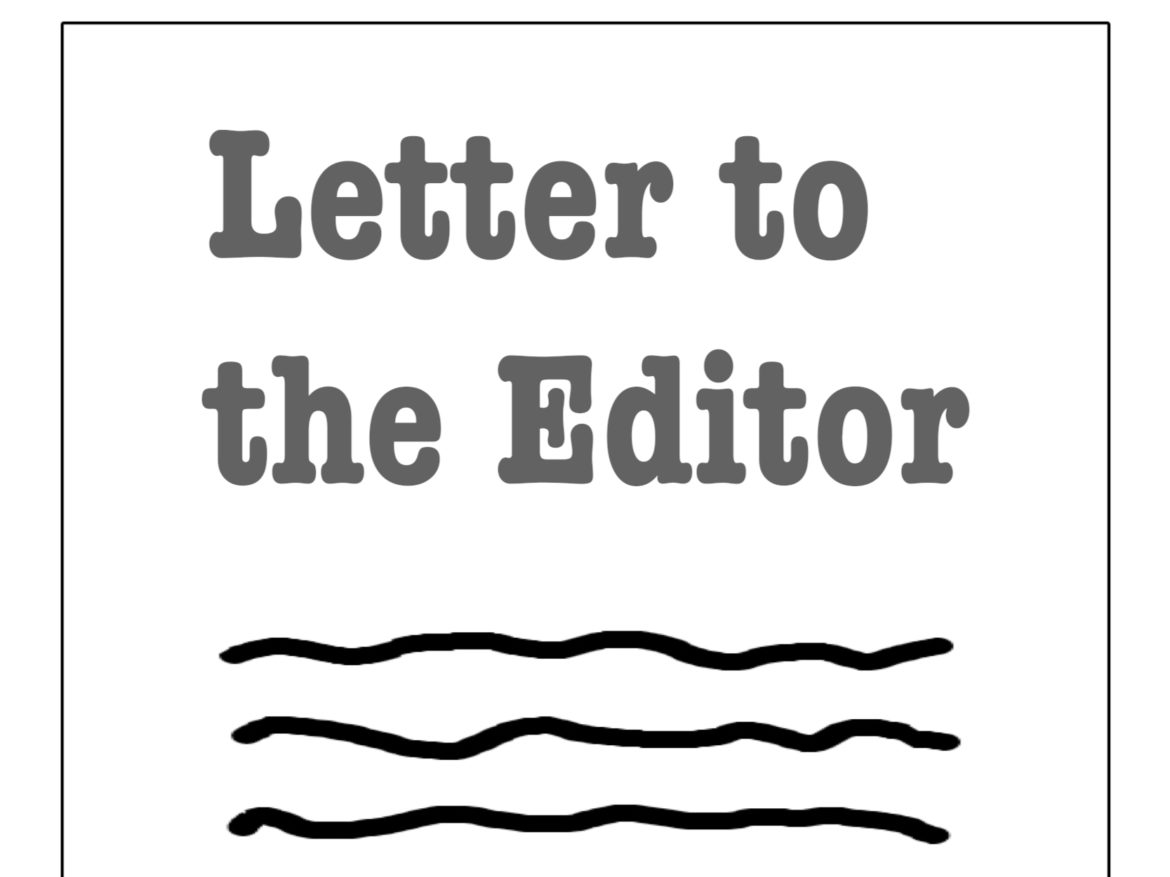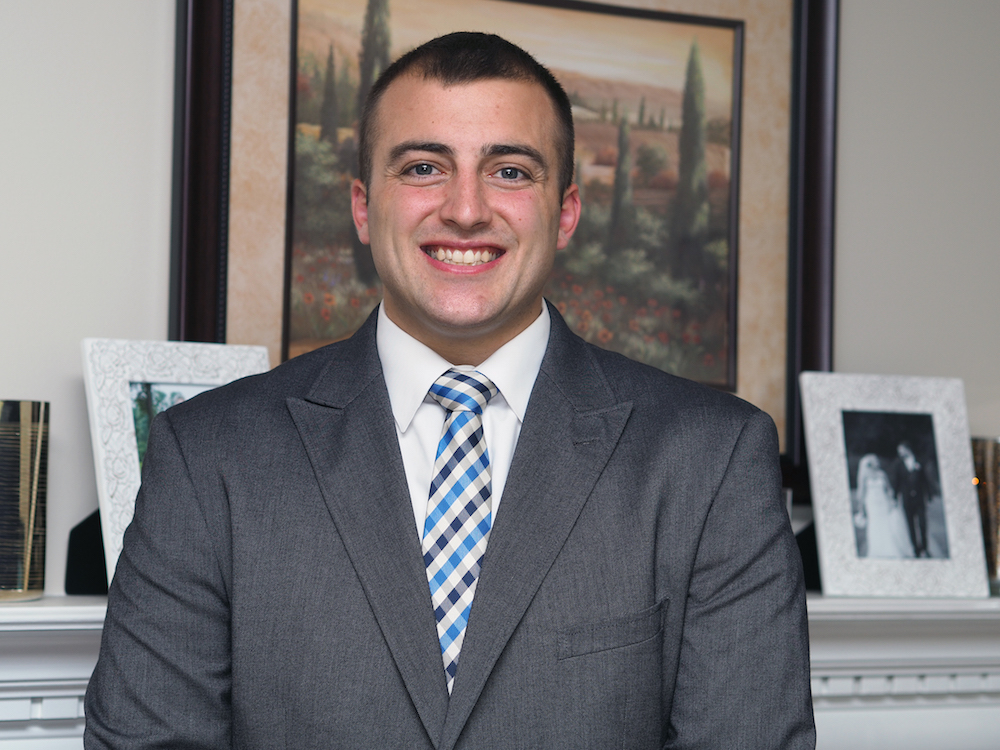21st Century Policing
OP-ED: Who Gets to Reform the Police?
|
“Owning your own narrative” is a common expression used in business, in politics, and in private life where personal reputation is at stake. Owning your narrative means ensuring that what is told about you matches the way you’d like it to be told, without distortions, mischaracterization, half-truths, or false perceptions. If you are waging a battle in the arena of public opinion, and others succeed in owning your narrative, you have lost the battle. If you are paying even the slightest attention to town politics, you are aware that there is a police crisis in Watertown, centered around alleged racist behavior regarding stops, citations, and arrests. In my opinion — and I believe in the opinion of the vast majority of residents — this is an invented crisis.



